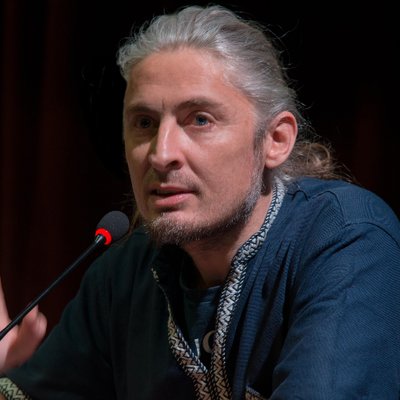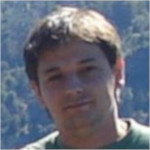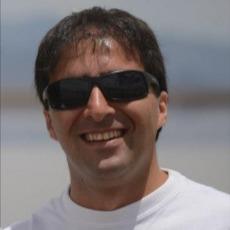Beginning at the Rio+20 People’s Summit in Brazil in 2012, the Dunia platform was set up to support the exchange of information and the mobilization of civil society organizations in relation to questions of sustainability and the architecture of power. Since then, Dunia has advanced alongside networks working on these issues in different regions of the world.
Communication and electronic networks are becoming an increasingly strategic dimension in human activities. From the fabrication of influences in the valuing of digital data to financial flows, electoral processes and geopolitical confrontations in the sphere of information, whether we like it or not electronic communication establishes a new interdependence that we must learn to decipher, observe, regulate and associate with other local and global challenges.
One of the challenges that has become evident in the last ten years is that of consolidating a “citizen” electronic space, that is, a vision of cyberspace, of articulations and resources placed at the service of general interests, rights, and other structural transformations. Like other global common goods, the growing depredation of connectivity by State and corporate actors, in the context of a new geoeconomic race, means alternatives have to be constructed.
A second challenge is to develop synergies between collective action, organizations and IT resources. Leaving aside technocentrism and ideology, it is essential that technology be placed at the service of political ends. Reality shows that many challenges arise less within the sectoral “division” between issues and more at their intersection: between action in the field, knowledge and strategic reflection; between the territory in transition, citizen resistance, and digital ecosystems; between the economy, digital platforms, and social justice; between the media, (dis)information and citizenship; between the confrontation of powers in cyberspace, multilateralism, and the regulation of common goods. In this evolutionary physiognomy of challenges, new alliances come through.
Dunia makes only a modest contribution to these questions. Its direct action consists, on the one hand, of providing resources to the networks of civil society and institutions, in the form of infrastructure (connectivity and servers), software and online services (FOSS), in like other networks that together begin to form a first global infrastructure of citizen connectivity. This online availability is inseparable from methodological work on networked action.
The Dunia platform also contributes to reflecting on the issues put forward above, in helping to sustain these alliances and in carrying out methodological experiments.



